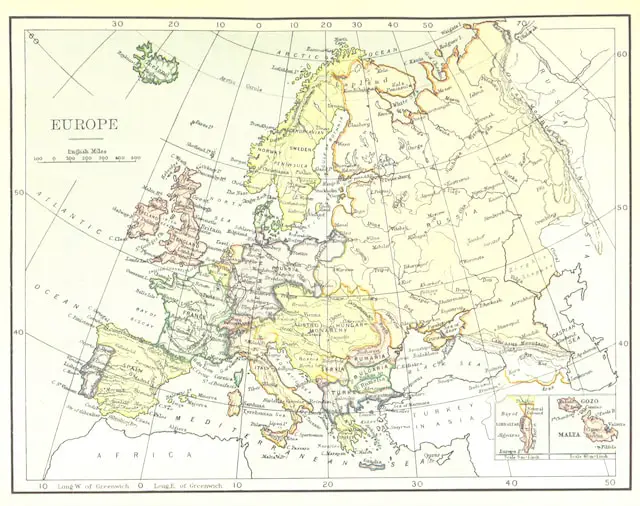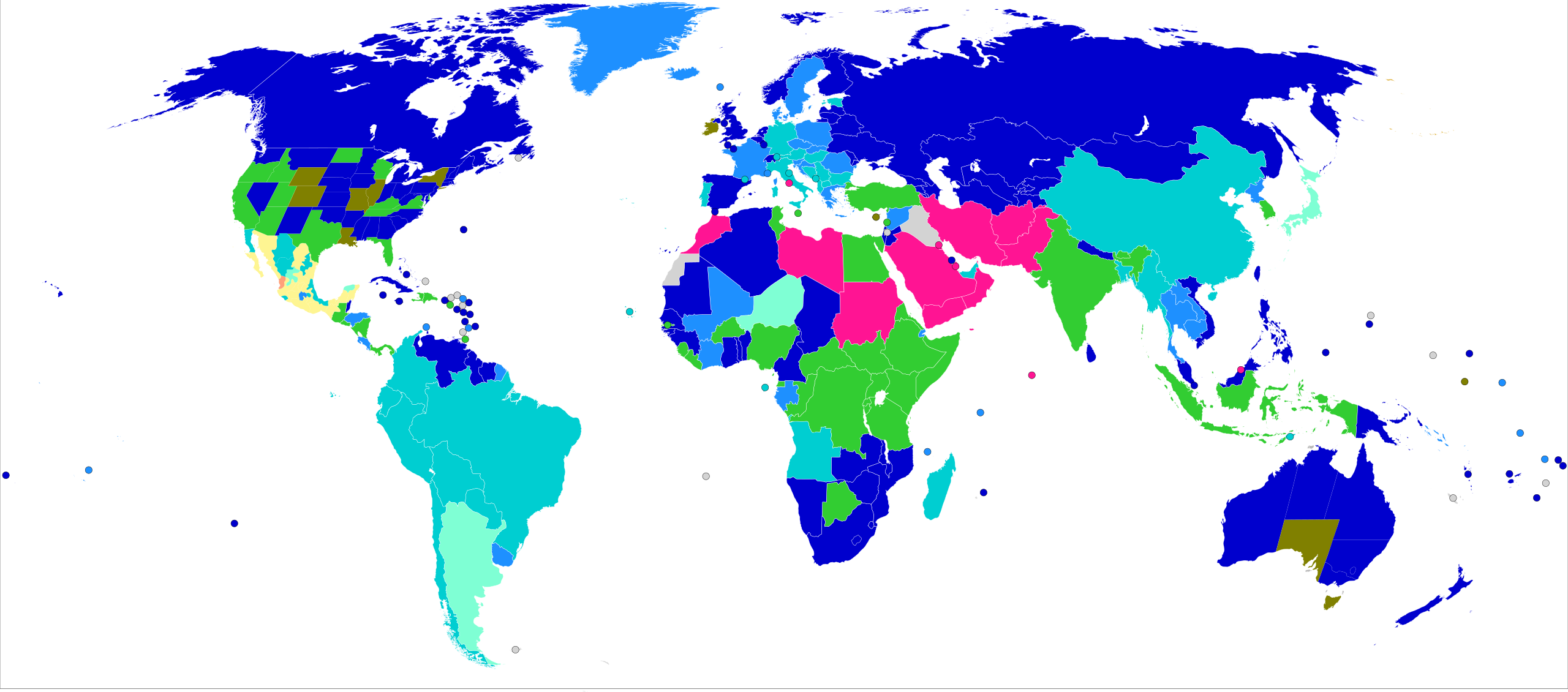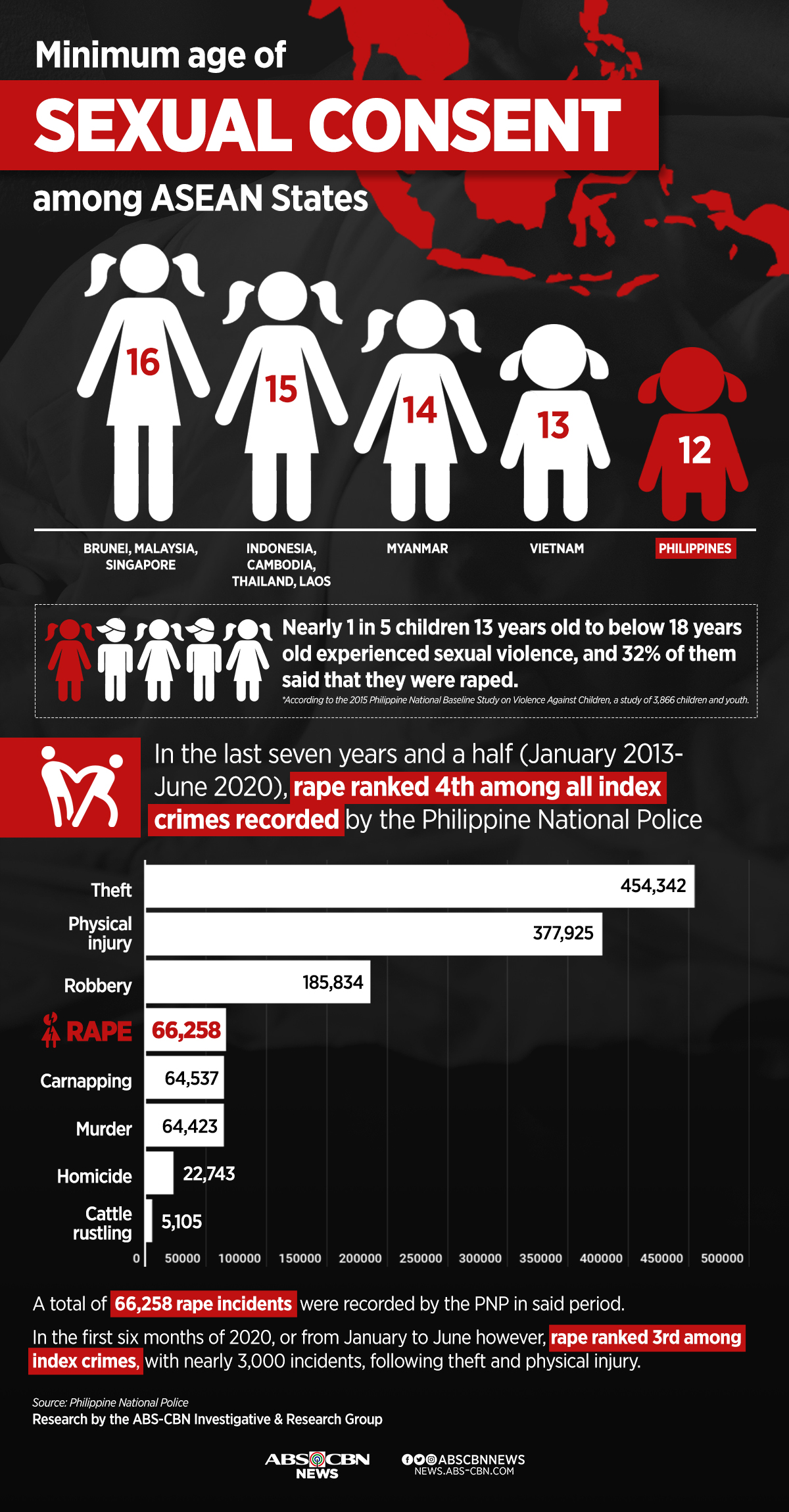When it comes to understanding the legal intricacies of consent age in Russia, it’s important to dive deep into the specifics. The topic isn’t just about numbers; it’s about the cultural, legal, and social implications that come with it. Russia has its own set of laws and regulations surrounding this issue, and they’re not always straightforward. So, if you’re here to learn more, you’re in the right place. Let’s break it down step by step, shall we?
This isn’t just about knowing the age of consent—it’s about understanding why it matters. For instance, how does Russia’s legal framework compare to other countries? What factors influence the age of consent, and how does it impact the lives of young people in Russia? These are the questions we’ll explore as we go along.
Now, before we get too deep into the weeds, let’s clarify something. The age of consent in Russia is a legal and sensitive topic, and it’s crucial to approach it with respect and an open mind. This article aims to provide accurate, reliable, and up-to-date information, so you can make informed decisions or simply gain a better understanding of the subject.
Read also:Toyota Temecula Your Ultimate Guide To The Best Car Buying Experience
What Is Consent Age and Why Does It Matter?
Let’s start with the basics. The age of consent refers to the minimum age at which an individual is legally considered capable of consenting to sexual activity. It’s a critical legal concept that exists to protect young people from exploitation and abuse. In Russia, the age of consent is 16 years old, but there’s more to it than just the number.
This age isn’t arbitrary; it’s based on a combination of legal, social, and psychological factors. For instance, the law considers whether a person is mature enough to understand the implications of sexual activity and make informed decisions. It’s not just about protecting minors—it’s also about ensuring that both parties are on equal footing when it comes to consent.
Key Factors Influencing Consent Age in Russia
Several factors play a role in determining the age of consent in Russia. Here’s a quick rundown:
- Cultural Norms: Russian society has its own set of cultural values and traditions that influence legal decisions.
- Legal Framework: The Russian legal system is structured to prioritize the protection of young people while also respecting individual rights.
- Psychological Development: The age of consent is set based on research into adolescent development and maturity levels.
These factors work together to create a balanced approach to the issue. However, it’s worth noting that the age of consent can vary slightly depending on specific circumstances, which we’ll explore later.
Legal Framework Surrounding Consent Age in Russia
Russia’s legal system is complex, and the laws surrounding consent age are no exception. The primary legislation governing this issue is the Russian Criminal Code, specifically Article 134, which deals with sexual acts with minors. Under this article, engaging in sexual activity with someone under the age of 16 is considered a criminal offense.
There are, however, some nuances to the law. For example, there’s a “close in age” exception, which allows for consensual relationships between teenagers who are close in age. This exception is designed to prevent undue legal consequences for young people who engage in consensual relationships with peers.
Read also:Lexus Of Maplewood Your Ultimate Destination For Luxury And Performance
Key Provisions in the Russian Criminal Code
Here’s a breakdown of the key provisions related to consent age in Russia:
- Article 134: Sexual acts with minors under the age of 16 are illegal.
- Close in Age Exception: Allows for consensual relationships between teenagers who are close in age, typically within a few years.
- Penalties: Violations of these laws can result in significant legal consequences, including imprisonment.
It’s important to note that these laws are subject to change, so staying informed about updates is crucial.
Cultural Perspectives on Consent Age in Russia
Culture plays a significant role in shaping attitudes toward consent age in Russia. Traditional values often emphasize family, responsibility, and respect, which influence how the issue is viewed. However, modern influences, such as globalization and increased access to information, are also shaping younger generations’ perspectives.
For example, while older generations may view the age of consent as a strict boundary, younger people might see it as a guideline that takes individual circumstances into account. This generational divide can lead to differing opinions on how the law should be applied.
How Cultural Norms Impact Legal Decisions
Cultural norms can influence legal decisions in several ways:
- Family Expectations: Many families in Russia expect their children to adhere to traditional values, which can affect how they approach relationships.
- Education: The education system plays a role in shaping young people’s understanding of consent and its importance.
- Social Media: Platforms like Instagram and TikTok are changing how young people perceive relationships and consent.
Understanding these cultural dynamics is essential for grasping the full picture of consent age in Russia.
Comparing Russia’s Consent Age to Other Countries
When it comes to the age of consent, Russia isn’t alone. Many countries have their own laws and regulations, and comparing them can provide valuable insights. For example, the age of consent in the United States varies by state, ranging from 16 to 18 years old. In contrast, countries like Germany and France set the age at 14.
So, how does Russia stack up? While the age of consent in Russia is relatively standard, the way it’s enforced and interpreted can differ significantly from other nations. For instance, the close in age exception in Russia is similar to laws in the U.S. and Canada, but the penalties for violations can be more severe.
Key Differences in Global Consent Laws
Here’s a quick comparison of consent ages around the world:
- United States: Varies by state, typically 16-18 years old.
- Germany: 14 years old.
- France: 15 years old.
- Russia: 16 years old.
These differences highlight the importance of understanding local laws and cultural contexts when discussing consent age.
Challenges and Controversies Surrounding Consent Age in Russia
Like any legal issue, the age of consent in Russia isn’t without its challenges and controversies. Some critics argue that the current age is too high, while others believe it’s too low. These debates often center around questions of individual rights, cultural values, and the role of the state in regulating personal behavior.
One of the biggest challenges is ensuring that the law is applied fairly and consistently. For example, there have been cases where enforcement has been inconsistent, leading to concerns about fairness and justice. Additionally, there’s ongoing debate about whether the close in age exception should be expanded or modified.
Addressing the Controversies
Here are some potential solutions to address these challenges:
- Improved Education: Providing comprehensive sex education can help young people make informed decisions.
- Legal Reforms: Updating the law to reflect modern realities and societal changes.
- Public Awareness: Raising awareness about the importance of consent and its legal implications.
By tackling these issues head-on, Russia can work toward a more effective and equitable legal framework.
Impact on Young People in Russia
The age of consent has a direct impact on the lives of young people in Russia. It affects how they navigate relationships, understand their rights, and make decisions about their bodies. For many, the law serves as both a protection and a limitation.
On one hand, the age of consent helps safeguard young people from exploitation and abuse. On the other hand, it can also create challenges for those who are mature enough to make their own decisions but are legally restricted from doing so.
Empowering Young People Through Education
Education is key to empowering young people to make informed decisions about consent. By providing them with accurate information and resources, we can help them navigate this complex issue. Some effective strategies include:
- Comprehensive Sex Education: Teaching young people about consent, relationships, and their rights.
- Support Systems: Creating safe spaces for young people to ask questions and seek guidance.
- Community Engagement: Involving parents, teachers, and community leaders in discussions about consent.
These efforts can go a long way in promoting a culture of respect and understanding.
Future Directions for Consent Age Laws in Russia
As society continues to evolve, so too must the laws surrounding consent age. Looking ahead, there are several potential directions for reform and improvement. For example, expanding the close in age exception could help address some of the challenges faced by young people. Additionally, updating the law to reflect modern realities could ensure that it remains relevant and effective.
Another possibility is increasing public awareness and education about consent. By fostering a culture of respect and understanding, we can empower young people to make informed decisions and protect themselves from harm.
Predictions for the Future
Here are some potential changes we might see in the future:
- Legal Reforms: Updating the law to better reflect modern societal values.
- Increased Education: Expanding access to comprehensive sex education for young people.
- Community Engagement: Encouraging more open discussions about consent and its importance.
These changes could have a significant impact on how consent age is viewed and enforced in Russia.
Conclusion: Taking Action on Consent Age in Russia
In conclusion, understanding the age of consent in Russia is about more than just knowing the number. It’s about recognizing the cultural, legal, and social factors that shape this issue and working toward a more equitable and informed society. By staying informed and engaging in meaningful discussions, we can help ensure that young people in Russia are protected and empowered.
So, what can you do? Start by sharing this article with others and encouraging them to learn more about consent age in Russia. Engage in conversations with friends, family, and community members about the importance of consent and its legal implications. Together, we can make a difference.
Final Thoughts
Remember, knowledge is power. The more we understand about issues like consent age, the better equipped we are to create positive change. So, take action today and be part of the solution!
Table of Contents
- What Is Consent Age and Why Does It Matter?
- Legal Framework Surrounding Consent Age in Russia
- Cultural Perspectives on Consent Age in Russia
- Comparing Russia’s Consent Age to Other Countries
- Challenges and Controversies Surrounding Consent Age in Russia
- Impact on Young People in Russia
- Future Directions for Consent Age Laws in Russia
- Conclusion: Taking Action on Consent Age in Russia


